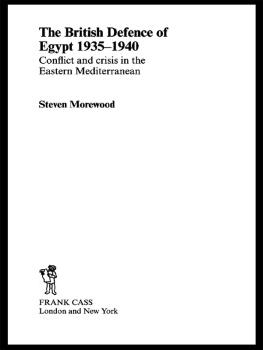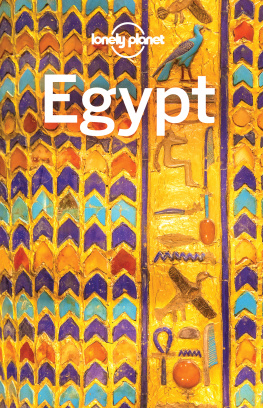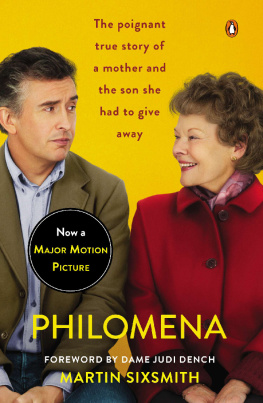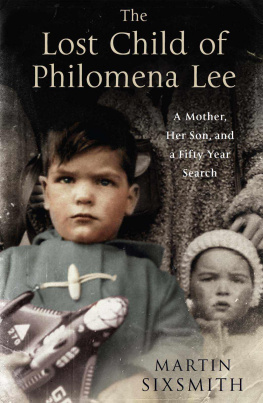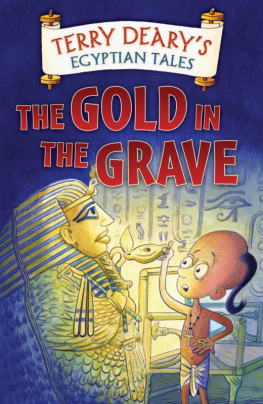ROSALIND BELBEN
Our Horses
in Egypt
This ebook is copyright material and must not be copied, reproduced, transferred, distributed, leased, licensed or publicly performed or used in any way except as specifically permitted in writing by the publishers, as allowed under the terms and conditions under which it was purchased or as strictly permitted by applicable copyright law. Any unauthorized distribution or use of this text may be a direct infringement of the authors and publishers rights and those responsible may be liable in law accordingly.
Epub ISBN 9781407074450
Version 1.0
Vintage Digital, an imprint of Vintage Publishing,
20 Vauxhall Bridge Road,
London SW1V 2SA
Vintage Digital is part of the Penguin Random House group of companies whose addresses can be found at global.penguinrandomhouse.com.

Copyright Rosalind Belben 2007
Rosalin Belben has asserted her right to be identified as the author of this Work in accordance with the Copyright, Designs and Patents Act 1988
First published in Great Britain in 2007 by
Chatto & Windus
Random House, 20 Vauxhall Bridge Road,
London SW1V 2SA
Published by Vintage 2008
www.vintage-books.co.uk
A CIP catalogue record for this book is available from the British Library
Contents
ABOUT THE BOOK
Philomena is requisitioned from a Dorset field in the summer of 1914, and serves with the yeomanry in Egypt and Palestine until the end of the First World War. But she doesnt come back to England: thousands of British Army horses are sold off locally. Faint news of her reaches Griselda Romney, her old owner. The impulsive Griselda, taking with her little Amabel and, of course, Nanny, sails for Egypt to find Philomena and bring her home.
ABOUT THE AUTHOR
Rosalind Belben was born and brought up in Dorset, and lives today in Bere Regis. Among her novels are Hound Music, Choosing Spectacles, Is Beauty Good and Dreaming of Dead People. She is a Fellow of the Royal Society of Literature.
ALSO BY ROSALIND BELBEN
Bogies
Reuben, Little Hero
The Limit
Dreaming of Dead People
Is Beauty Good
Choosing Spectacles
Hound Music
Acknowledgements
Two dear people, Penelope Hoare and Anthony Sheil, have presided with grace and patience over the writing of Our Horses in Egypt. I am very grateful to them for their tireless help.
I have benefited from works by the Marquess of Anglesey, Lieut.-Colonel the Hon. R.M.P. Preston, General Sir George de S. Barrow, Field-Marshal Viscount Wavell and Lady Butler, in particular; from the memoirs of Australian and New Zealander mounted infantrymen and British yeomen; from official histories, including that of the Veterinary Service; from the essential War Office publications of the time, Cavalry Training and Animal Management, and from a range of books and other documents. I have no cause to be excused howlers.
Without Wendy Dobells generosity, and without the singular, unforgettable personality of a bay mare wherever she is now it is improbable that this book would have come into being.
Dorothy Brooke wrote so eloquently about the horses (For Love of Horses, Diaries of Mrs Geoffrey Brooke, edited by Glenda Spooner) that it has been hard to quote more than a few lines without rendering the rest pallid.
R.B.
I PROVISIONS
Not only Army horses, but those given up to their country by countless hundreds of patriotic people favourite hunters, cherished friends of many families, born and bred in English fields were at the close of the war sold to bondage in a foreign land. Fourteen long years of toil in the hands of strangers in scorching sun, in sand, in a land where water is scarce, where flies are a torment, and where, owing to the poverty of their owners, the work has been far beyond their wasted strength! Many hundreds still survive, pleading for release old, utterly weary, so deserving of a kindly redemption. Home now can only be represented by a peaceful death, but what a release that is, what further suffering it saves!
M RS G EOFFREY B ROOKE , Morning Post, 8th September 1932
Some of the British residents in Egypt were strongly averse to Army horses being sold to Egyptians, basing their objections on grounds of cruelty and imperfect supervision by the civil authorities. Letters appeared in the local and home press in support of this view, and political pressure was brought to bear on the War Office, with the result that all sales were prohibited until the termination of the war, when many horses were sold by the thousand throughout the whole country.
Under proper supervision, Egyptians can take as good care of English horses as anyone else.
A H ISTORY OF THE G REAT W AR BASED ON O FFICIAL D OCUMENTS : V ETERINARY S ERVICES , edited by Major-General Sir L.J. Blenkinsop and Lieutenant-Colonel J.W. Ramsey
1 A bolt
Smiling sweetly, Griselda Romneys mother, Mrs Lupus, climbed into the back of the motor.
Mrs Lupus said to her chauffeur, Maurice, Shake the children off at five miles an hour. As they dropped from the running board, plop, plop, she watched. She gave a benign wave. Mrs Lupus reported to her elder daughter, Ida, at Quarr, that Griselda had gone mad and was proposing to take Nanny to Egypt.
Egypt? said Ida. What for?
Ida, said Mrs Lupus, I quite thought youd condemn it!
Why Egypt? Ida was hesitant. Can there be a man?
I havent heard so. Unless one credits Captain Palsy with more than meets the eye. Mrs Lupus pronounced the name Palsy with hauteur; pityingly. Griselda imagines herself able to cope with lessons, and she swears ad infinitum that Amabel must have Nanny. She says Amabel could read and write at the age of four.
What child cannot?
Oh, well, the slow ones And tell the time, and can tie shoelaces. Amabel will soon lace a boot.
Why then must Amabel go to Egypt?
Griselda a high snort cannot expect to return in any hurry. Imperative to take Amabel and Nanny!
Why go at all? There is unrest in Egypt, Ma. You dont read your newspaper?
She is going in a bursting tone to trace her horses.
A grin escaped Ida. She has no money.
Youll be staggered, Mrs Lupus said. Staggered!
Ida stared.
Reversionary interest!
May she do that?
It does seem so.
The portion of capital secured in the Trust would have gone, on the death of Arthurs mother, Irene Romney, to Arthur and the Grazebrook cousins, had they lived. Arthur and Alan had been killed. Arthurs widow Griselda, a future beneficiary (whenever Irene Romney chose to die), had been, evidently, able to get her hands on some money.
Reversionary interest didnt work to the advantage of any beneficiary that wasnt desperate.
Rash, said Mrs Lupus. And, I omitted to relate, they have started to read Masterman Ready.
For the voyage?
She means the child is forward. It was, I recollect, a solid book. A reflective silence. In which a ship is wrecked. Well, whom do we know out there ?
Ida drove herself over to Bark Hart.
To Ida, Griselda said, I have to keep Nanny. Shes bored at Bark Hart. Unless I act, I shall find myself without anybody. Nanny will adore the sea.
One sails to Egypt so as to entertain ones childrens nurse?




